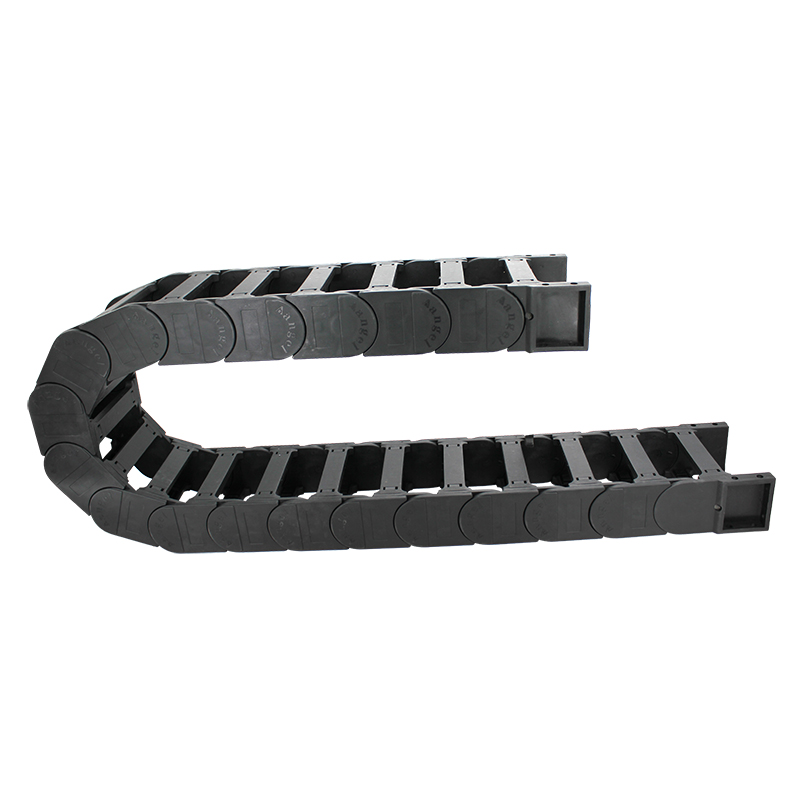Efficient Chip Management Solutions for Machine Tool Conveyors in Manufacturing Processes
Understanding Machine Tool Chip Conveyors Essential Components for Efficient Manufacturing
In the ever-evolving world of manufacturing, efficiency and productivity are paramount. One critical component that facilitates these goals is the machine tool chip conveyor. These systems play a vital role in the workflow of machining processes, ensuring that debris, notably metal chips and shavings, are effectively removed from the work area. This article explores the importance, types, and advantages of machine tool chip conveyors in modern manufacturing setups.
The Importance of Chip Conveyors
During machining operations—such as milling, turning, and grinding—machines cut and shape materials, resulting in a significant amount of waste in the form of chips. The accumulation of these chips can lead to several issues, including
1. Tool Clarity and Efficiency Excessive chips can obstruct the machine's operations, causing tools to become less effective, ultimately hindering productivity. 2. Damage to Equipment Unmanaged waste can damage machinery through overheating or improper functioning due to blockages.
3. Safety Hazards A cluttered workspace poses safety risks for operators, increasing the likelihood of trips, falls, and other accidents.
To mitigate these challenges, manufacturers turn to chip conveyors, ensuring a clean and efficient workspace.
Types of Chip Conveyors
Chip conveyors come in various designs, each tailored to meet specific needs based on the machining operations and types of chips produced. The primary types include
1. Auger Conveyors These systems utilize a rotating screw mechanism to transport chips away from the machining area. They are well-suited for handling small to medium-sized chips and play a vital role in applications where space is limited.
2. Drag Chain Conveyors Featuring a chain and a series of flights, drag chain conveyors are effective for moving heavier and larger debris. They excel in environments where excessive wear and tear on equipment is a concern, offering robust performance over time.
machine tool chip conveyor

3. Magnetic Conveyors These conveyors leverage magnetism to transport ferrous materials, making them ideal for applications producing iron or steel chips. Their efficiency ensures that the chips are securely moved without the risk of spillage.
4. Belt Conveyors Flexible and adaptable, belt conveyors are widely used for various chip sizes and types. They provide a smooth transport solution and can be configured for diverse operational layouts.
Advantages of Chip Conveyors
Investing in a machine tool chip conveyor system presents numerous benefits for manufacturers, including
1. Enhanced Productivity By automating the chip removal process, these conveyors minimize downtime, allowing machines to operate continuously without interruption.
2. Improved Work Environment A cleaner workspace not only enhances safety but also promotes employee morale, as operators can work without the distraction and hazards posed by excessive chip accumulation.
3. Cost Efficiency Preventing damage to machinery through proper waste management reduces repair costs and extends the lifespan of equipment. Moreover, efficient chip management can lead to better recycling opportunities for raw materials.
4. Customization and Flexibility With various configurations available, manufacturers can select a conveyor system that fits their specific needs, ensuring optimal performance regardless of the type of machining processes in use.
Conclusion
In conclusion, machine tool chip conveyors are essential components that significantly enhance the efficiency of manufacturing processes. By effectively handling the waste generated during machining, these conveyors not only improve operational productivity but also ensure a safer and cleaner work environment. As the manufacturing industry continues to advance, the role of chip conveyors will remain vital in achieving sustainable and efficient production practices. Embracing this technology is not just a choice; it is a necessity for manufacturers aiming to stay competitive in today's fast-paced market.








